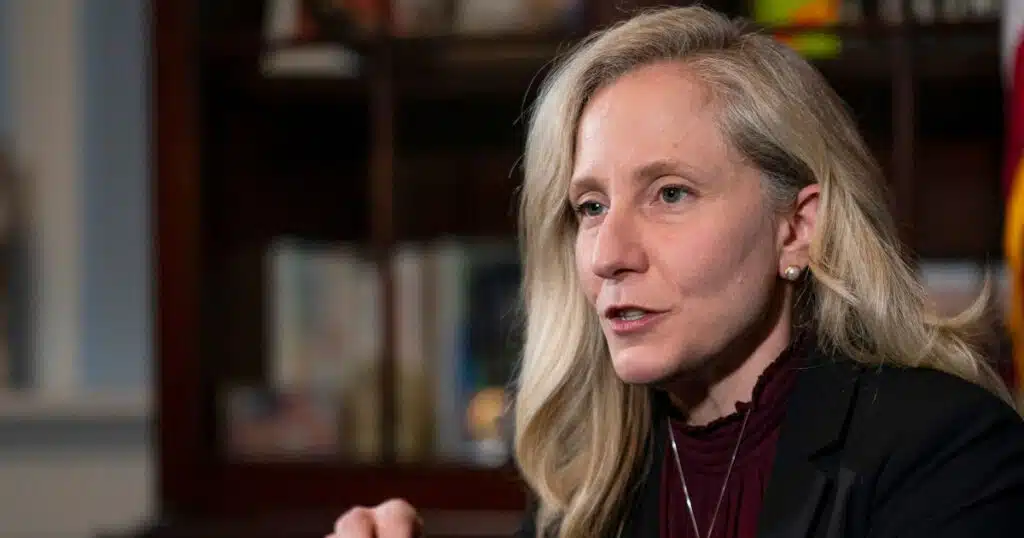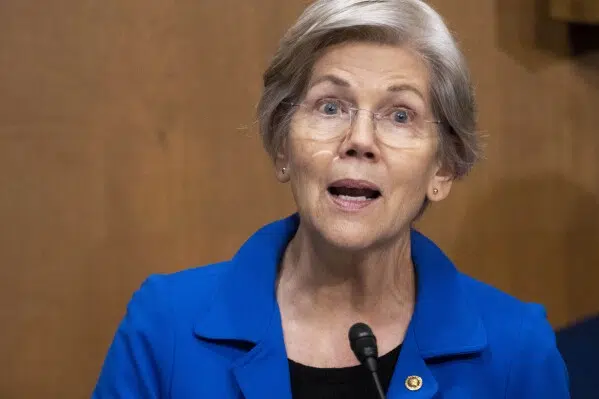
Evidence Reveals Virginia Gov. Glenn Youngkin Was Right on DEI. Here’s What Parents and Students Need to Know.
Yes, Virginia, radicals are promoting racial discrimination and drag queens in the Old Dominion’s public schools. Gov. Glenn Youngkin, however, has tried to protect children from sexually explicit content and reject racial prejudice since his first day in office.
New research only confirms the Republican governor’s plan and adds urgency to the cause.
Last week, researchers found that Virginia has more “diversity, equity, and inclusion” bureaucrats in its public universities than any other state in the country.
Virginia Tech employs about six DEI staff for every 100 faculty members, while George Mason University has more than seven DEI staff per 100 faculty. These figures outpace the schools in traditionally left-leaning states such as Oregon—and even some schools in California.
Nationwide, DEI offices have appropriately faced criticism this year, including in recent weeks, for pushing fringe ideas. With DEI offices on campuses in every state, officials are right to ask for results.
They’ve turned up little so far. At Boston University, Ibram X. Kendi’s DEI-driven Antiracism Center is under investigation for raking in millions of dollars for operations with little academic content to show for it.
In Virginia, the DEI office at the University of Virginia’s College at Wise hosted a drag show last year. GMU promotes the main Black Lives Matter organization, which faces accusations that it used tens of millions in donations to enrich its founders.
How do these programs produce better doctors, engineers, pilots, or teachers?
Earlier this year, Youngkin said that “ESG and DEI have gone off the rails, candidly,” adding: “We’ve got work to do.”
Virginia’s governor is hardly the only one to feel this way: Lawmakers in Florida and Texas have prohibited DEI offices on campus from using taxpayer money and no longer allow administrators to require job applicants to write statements in favor of diversity, equity, and inclusion to go along with their resumes.
“The Youngkin administration has worked with college and university leaders throughout the Commonwealth to shift the focus to restoring excellence in education and providing opportunities for all students to receive a best-in-class experience,” Virginia Education Secretary Aimee Guidera said in an email to a Heritage Foundation colleague and me, responding to a request for comment on the report.
Youngkin is also among elected executives and lawmakers who have recognized that DEI and critical race theory likely violate state and federal civil rights laws. South Dakota Gov. Kristi Noem, also a Republican, issued an executive order that rejects the application of critical race theory in K-12 schools and signed legislation to reinforce students’ and employees’ civil rights on college campuses.
Meanwhile, lawmakers in Mississippi, Idaho, South Carolina, and elsewhere have adopted proposals that also reinforce the idea that kids in grades K-12 matter more than their skin color.
On Jan. 15, 2022, his first day in office, Youngkin ordered a review of K-12 curricula and practices in Virginia, anticipating that educators’ applications of critical race theory were unlawful.
Correct again: After a legal challenge, a school district in Massachusetts abandoned its mandatory racial affinity groups, a program that separated students by race for different activities. A South Carolina school district canceled its contract with a teacher training organization after lawmakers found the organization was promoting critical race theory’s prejudiced worldview.
“Governor Youngkin will continue to advance equal opportunities—not equal outcomes—for all Virginians,” Guidera said in her email.
Youngkin has parents’ support on these issues. Virginians have filed lawsuits against public school districts where educators push prejudiced ideas in schools. In Bedford, parents called on the school board to cancel a drag show that school officials intended to host in a school gym.
In higher education, professors have more freedom over what they teach than teachers do in elementary and high schools, but this doesn’t mean college officials can violate the Civil Rights Act of 1964 nor that universities should use taxpayer resources on unproductive departments.
The new evidence on Virginia universities’ DEI offices proves that Youngkin and other public officials who are trying to restore a sense of racial equality under the law have been right all along.



